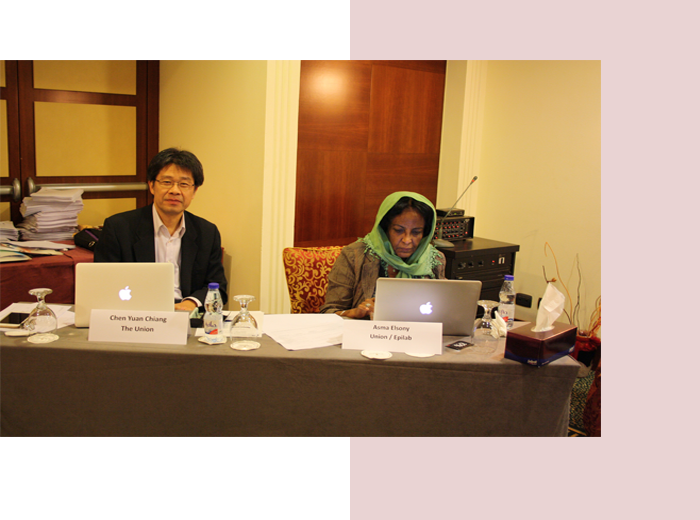About Epi-Lab
The Epidemiological Laboratory (Epi-Lab) was established in 2005 as a public health services research centre, situated in a non-governmental, non-profit organization based in Khartoum, Sudan. The development of the Epi-Lab is an example of maximizing opportunities and developing a creative approach to addressing challenges and obstacles in a resource-limited environment.
The idea was formulated as part of the doctoral thesis of the then-director of the Sudan National Tuberculosis Programme (Asma I. Elsony) 1996-2004. The center was established on two cornerstones:
- The expansion of the rich data base of that thesis has continued without interruption, and
- The team experience gained in establishing, expanding and declaring DOTS All Over in 2002 and which is currently being used to launch other successful lung/public health programs.
MISSION
Improving the general health status in low-income settings by contributing to creating and maintaining effective health services and ease access to them proposing effective action and evaluating the output of this action for the promotion of public health.

OBJECTIVES
The objective was to use the field work of the thesis, which was based in the routine operations of a national public health programme to create an ‘Epidemiological Laboratory’ to carry out research (and particularly, operations research) that would identify, characterize and prioritize the challenges and obstacles to health services delivery in a vast and complex country.
The framework for routine data collection established for her graduate studies formed a continuing source of information gathering that is available on a continuing basis for evaluation and analysis. The Epidemiological Laboratory (Epi-Lab) was established in 2005 as a public health services research centre, situated in a non-governmental, non-profit organization based in Khartoum, Sudan.
AIMS
- To develop capacities for research in public health,
- To run pilot projects to address priority problems, evaluate them and roll them out into nationwide programs,
- To provide ongoing technical support, evaluation and monitoring to national public health initiatives/programs,
- To build strong partnerships between academic, research and health service delivery institutions to bridge the gap between academia and public health services,
- To document, archive and distribute lessons learnt from implementation research to translate it to tailored health service delivery.
